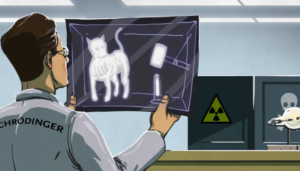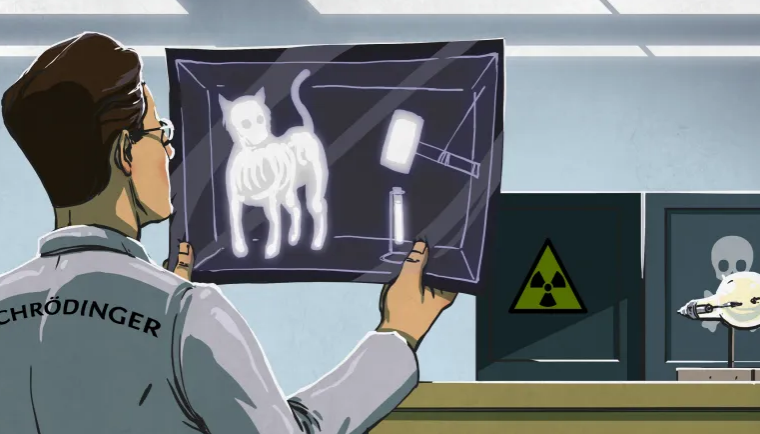Quantum X-rays: A Closer Look at How They’re Transforming Medicine
The fusion of quantum technology and medical imaging is ushering in a new era of healthcare diagnostics. Quantum X-rays, in particular, are revolutionizing the field of medical imaging, offering unprecedented precision, reduced radiation exposure, and enhanced diagnostic capabilities. Let’s explore how this cutting-edge technology is transforming medicine.
The Quantum Advantage in X-ray Imaging
Quantum X-ray technology leverages the principles of quantum mechanics to dramatically improve upon traditional X-ray imaging techniques. By utilizing quantum sensors and detectors, these systems can achieve higher sensitivity and resolution while reducing the radiation dose required for imaging
One of the key advantages of quantum X-rays is their ability to produce clearer, more detailed images with less radiation exposure. This is particularly beneficial for patients who require frequent imaging, such as those undergoing cancer treatment or with chronic conditions
Applications in Medicine
Quantum X-ray technology is finding applications across various medical fields:
-
Oncology: Quantum-enhanced X-rays can detect smaller tumors and provide more accurate staging of cancers
-
Cardiology: Higher resolution imaging allows for better visualization of coronary arteries and heart structures
-
Orthopedics: Improved bone and joint imaging aids in the early detection of degenerative conditions and fractures
-
Neurology: Enhanced brain imaging can help in the diagnosis of neurological disorders and the planning of surgical interventions
Quantum X-rays vs. Traditional X-rays
To better understand the advantages of quantum X-rays, let’s compare them to traditional X-ray technology:
| Feature | Traditional X-rays | Quantum X-rays |
|---|---|---|
| Image Resolution | Standard | Higher resolution with finer details |
| Radiation Dose | Higher | Lower, reducing patient exposure |
| Sensitivity | Limited | Enhanced, capable of detecting subtle abnormalities |
| Contrast | Lower | Improved, especially for soft tissues |
| Processing Speed | Slower | Faster image reconstruction using quantum computing |
| Spectral Information | Limited | Rich spectral data for material identification |
The Role of Quantum Computing
Quantum computing plays a crucial role in enhancing X-ray imaging technology. By leveraging quantum algorithms, such as the Quantum Fourier Transform (QFT), image reconstruction times can be significantly reduced. This allows for faster processing of complex medical imaging data, enabling real-time adjustments during scans and quicker diagnoses.
Moreover, quantum-enhanced machine learning models can analyze X-ray images with greater accuracy, potentially identifying subtle patterns that human radiologists might miss. This could lead to earlier detection of diseases and more personalized treatment plans.
Future Prospects
As quantum X-ray technology continues to evolve, we can expect to see:
-
Integration with other quantum technologies: Combining quantum X-rays with quantum sensors and quantum computing will further enhance diagnostic capabilities.
-
Personalized medicine: Advanced image analysis coupled with genomic data could provide tailored treatment recommendations.
-
Reduced healthcare costs: Faster imaging and more accurate diagnoses could lead to more efficient healthcare delivery.
-
Expanded applications: Beyond medicine, quantum X-ray technology could find uses in materials science, security screening, and industrial quality control.
In conclusion, quantum X-rays represent a significant leap forward in medical imaging technology. By harnessing the power of quantum mechanics, we are entering an era of more precise, safer, and more insightful diagnostic capabilities. As this technology continues to develop, it promises to revolutionize healthcare, improving patient outcomes and advancing our understanding of the human body.

Also Read :
